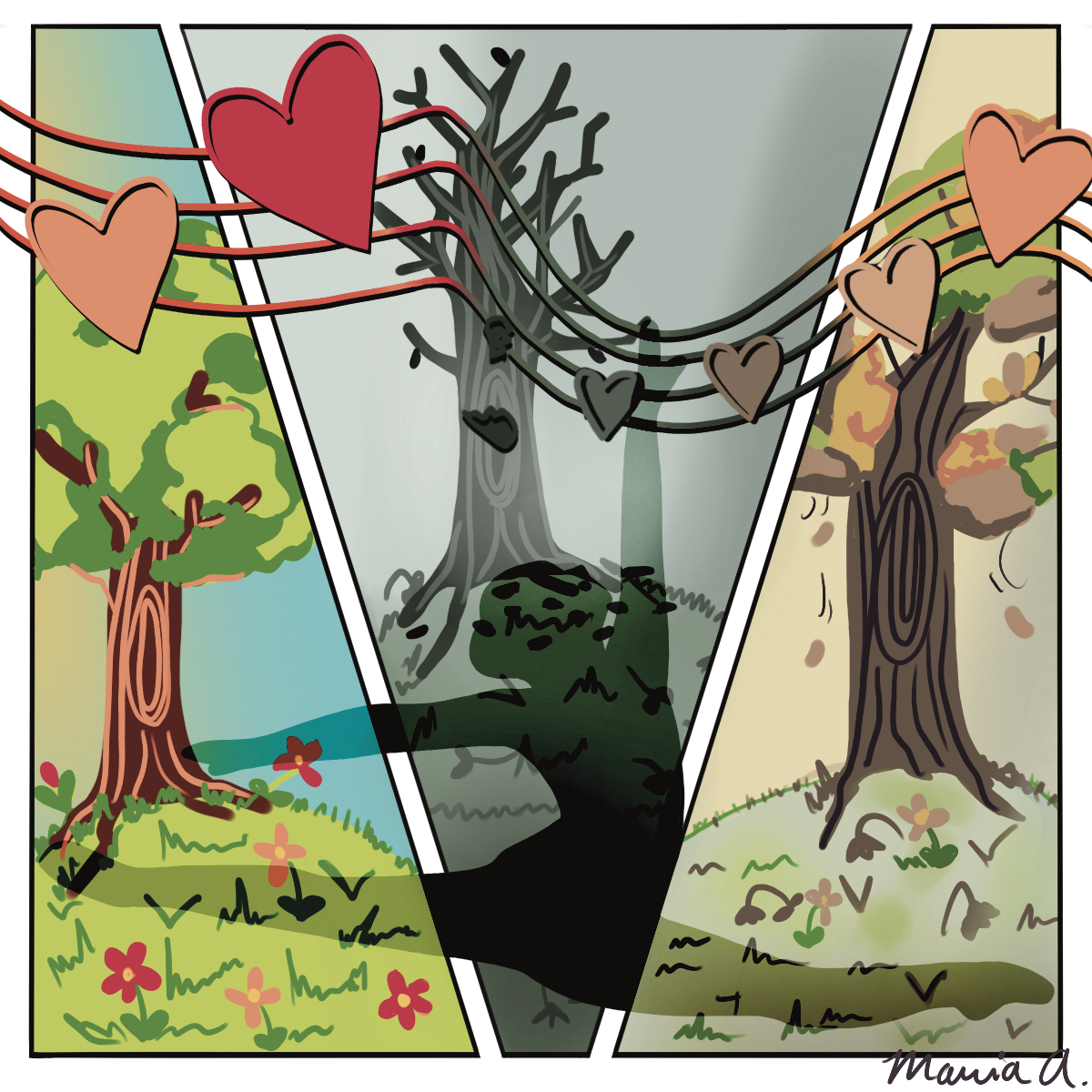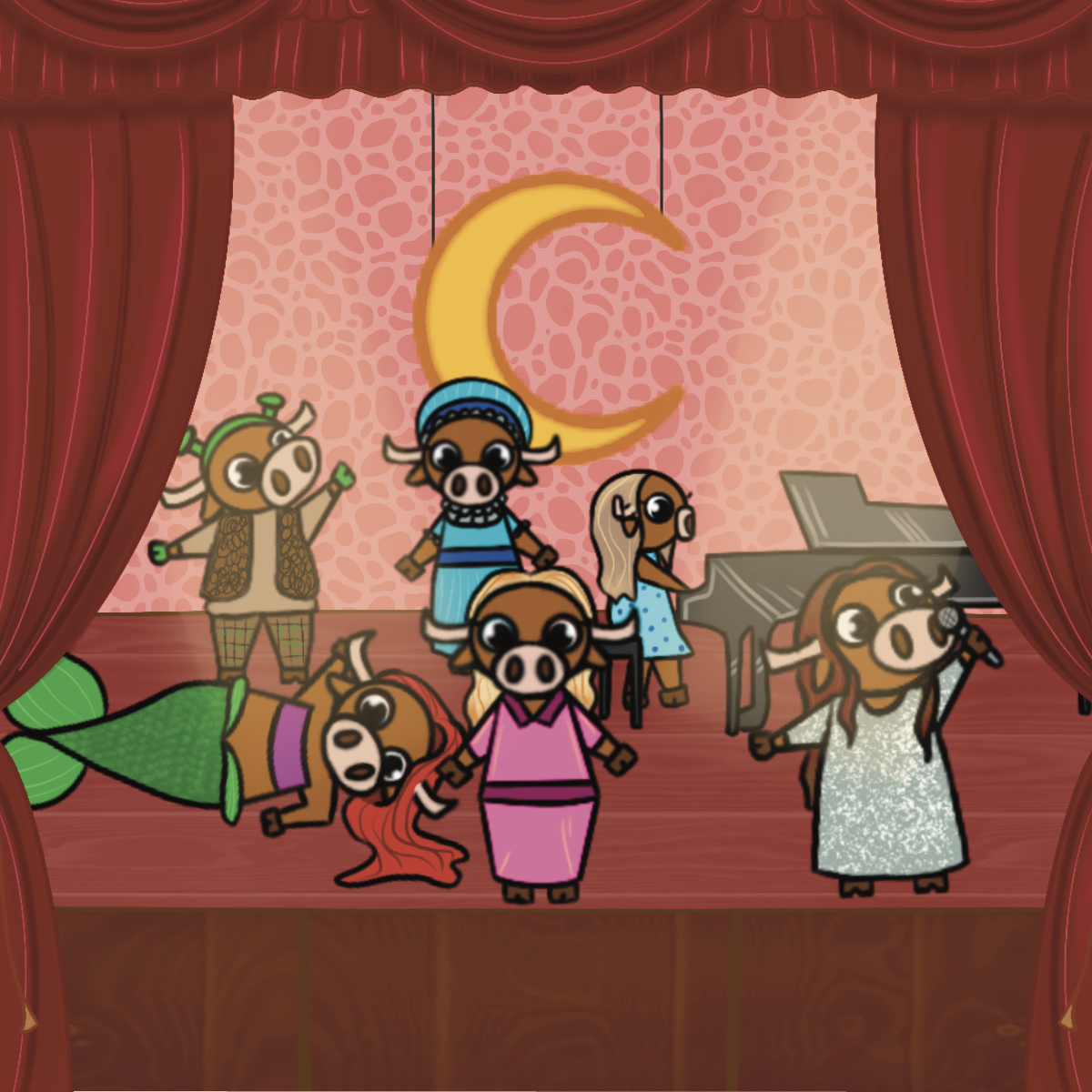Austin accepted roughly 1,000 refugees in 2016 — the majority of which come from the Democratic Republic of Congo, Burma, Bhutan, Iraq and Afghanistan.
Texas’ unique geographic location and high influx of refugees and asylum-seekers means major cities of the state play a critical role in the integration of these newcomers, said Nelson Dragsbaek, international relations senior and president of UT’s Liberal Arts Refugee Alliance.
“As residents of Austin, UT students have the opportunity to make a huge difference in the lives of refugees here,” Dragsbaek said. “We work for advocacy and education about the refugee and asylum community in Austin and connect students with volunteer opportunities.”
The Multicultural Refugee Coalition, an Austin nonprofit, is one of the organizations LARA members volunteer with. MRC works to ease the burden of resettlement by providing dignified, fairly paid and safe jobs for refugees at their local enterprises. MRC’s chief operating officer, Jessica Mann, said the three enterprises are a sustainable farm, environmentally conscious textile manufacturer and an interpretive services center.
“All of our industries match with things that Austin is trying to revitalize — programs for increasing slow fashion, slow food (like local food production) and increasing the language access options,” Mann said. “Those areas match up with both community needs and the unique skills that refugees come with.”
Several other organizations in Austin offer resources to both refugees and asylum-seekers for the resettlement process. LARA also works with Casa Marianella, a nonprofit that provides shelter, food, clothes and legal resources to displaced immigrants.
International relations sophomore Samuel Gillette said working with the refugees and asylum-seekers at Casa Marianella and MRC has been especially fulfilling on a personal level. Gillette, who is learning Arabic and Spanish, said he enjoys being able to practice his language skills while also conversing with others.
“It was a really unique and special opportunity to talk to the children (at Casa Marianella) in their native language and listen to their stories and experiences,” Gillette said.
Dragsbaek said students in Austin are uniquely positioned to have a tangible impact on the lives of refugees and asylum-seekers.
“Students have so many opportunities to directly help out the local immigrant community — organizations like MRC and Casa Marianella are right here, the Capitol is right here,” Dragsbaek said.
Dragsbaek said volunteering locally, showing up at the polls and writing local congressmen are all things Austin residents can do to make a concrete difference. In the meantime, MRC continues to provide active opportunities for both refugees and volunteers.
“Last year, we started the farm and this year, we’re looking at a business model where we dispatch interpreters from our language services enterprise,” Mann said. “Our goal is to create livelihood opportunities for more refugees in Austin as much as possible.”




















